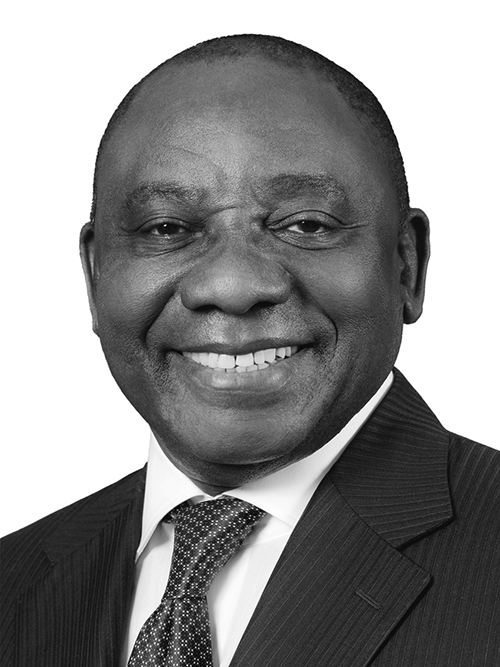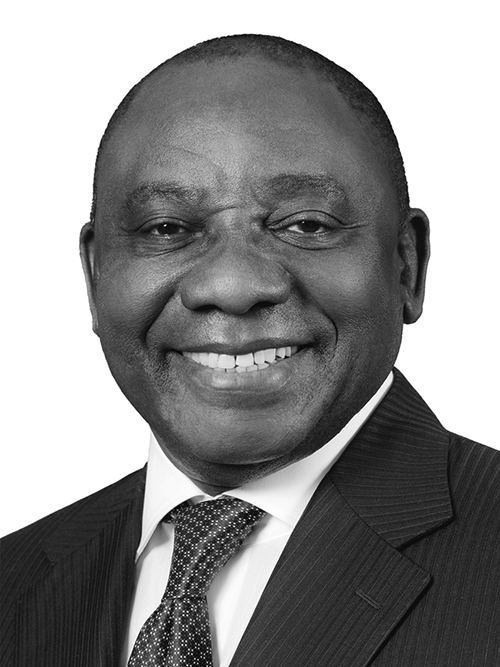President Cyril Ramaphosa will today, 18 November 2025, receive the G20 Africa Expert Panel Report during a handover ceremony at the Wanderers Hotel in Johannesburg.
South Africa assumed the G20 Presidency in December 2024, marking the first time that the majority of G20 engagements for a full Presidency cycle have been hosted on African soil.
This historic moment has provided South Africa with a unique opportunity to place Africa’s developmental priorities at the centre of global economic dialogue.
In line with this mandate, the Minister of Finance, Mr Enoch Godongwana, established the G20 Africa Expert Panel — chaired by former Minister of Finance, Mr Trevor Manuel — to develop evidence-based policy recommendations that strengthen Africa’s voice within the G20 Finance Track.
The overall objective of the African Expert Panel is to offer strategic advice by exploring and defining strategies that advance Africa's collective development interests through increased voice, effective representation, and the achievement of a reformed and all-inclusive global economic policy through the G20.
The Panel is composed of 26 distinguished experts from across the globe, with 20 from Africa, representing diverse disciplines including economics, development finance, public policy and academia.
The G20 Africa Expert Panel Report marks a major milestone of South Africa’s G20 Presidency. It provides practical proposals aimed at achieving a more equitable and inclusive global economic order.
The report outlines actionable pathways for addressing Africa’s debt challenges, improving access to development finance, strengthening the global financial safety net, and positioning the continent as an active participant in shaping international economic policy.
The handover of this Report to President Ramaphosa signals South Africa’s commitment to ensuring that African perspectives are central to global economic reforms, and that African countries participate meaningfully in designing solutions to the systemic challenges they face.
Members of the media wishing to cover the ceremony will be required to produce their G20 Summit accreditation
Date: Tuesday, 18 November 2025
Time: 14h30( media to arrive at 13h00)
Venue: Wanderers County Club, Johannesburg
Media enquiries: Vincent Magwenya, Spokesperson to the President- media@presidency.gov.za
Issued by: The Presidency
Pretoria









